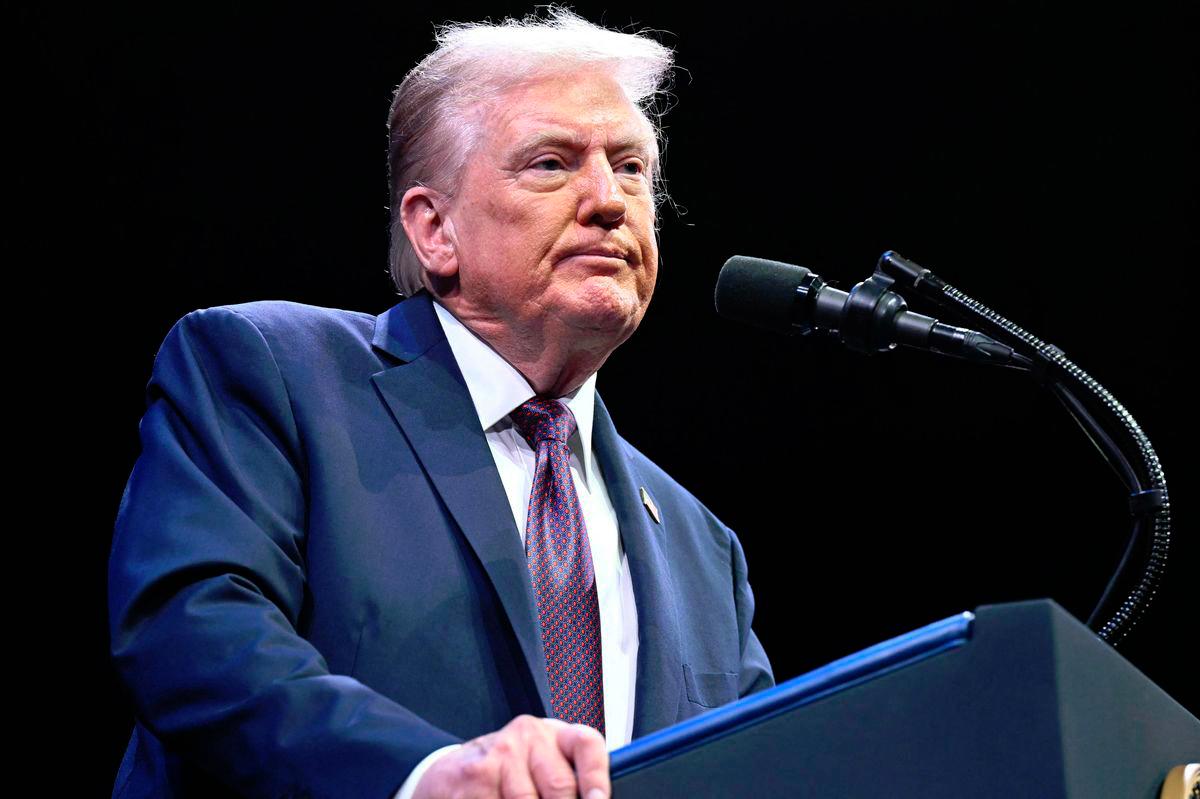MISSOULA: A group of young Americans is taking President Donald Trump to court over his administration’s aggressive fossil fuel policies and alleged suppression of federal climate science.
The plaintiffs argue that these actions violate their constitutional rights to life, liberty and a stable climate in a landmark case being heard in a Montana courtroom.
Lighthiser v. Trump represents a growing global trend of using legal action to address climate change amid political inaction or opposition.
Lead plaintiff Eva Lighthiser described the emotional weight of confronting climate impacts at such a young age during recent comments to AFP.
The 19-year-old from Montana cited smoke-filled skies, frequent flooding and her family’s climate-related relocation as particularly burdensome experiences.
She and 21 co-plaintiffs will testify over two days about health issues and other harms they attribute to Trump administration policies.
The lawsuit specifically targets three executive orders that promote fossil fuel development while restricting electric vehicle market growth.
These orders use emergency powers to fast-track drilling operations and designate coal as a strategic mineral priority.
Plaintiffs additionally claim that removing climate science from federal research has hidden the true risks of global warming.
The legal team has called expert witnesses including climate scientists, a pediatrician and former White House official John Podesta to testify about the orders’ legality.
Our Children’s Trust attorney Andrea Rogers noted this marks the first time plaintiffs can present live testimony against the federal government regarding climate crisis causation.
The plaintiffs seek a preliminary injunction that could lead to a full trial despite opposition from the federal government and 19 conservative states.
Most legal observers consider the case a long shot given current judicial trends and the conservative-leaning Supreme Court.
Columbia University environmental law professor Michael Gerrard explained that establishing a constitutional right to a clean environment would require unprecedented judicial rulings.
The legal team remains hopeful following recent state-level victories in Montana and Hawaii that addressed similar climate concerns.
The federal government is expected to argue that climate policy decisions belong to elected officials rather than the judicial system.
Rogers countered that courts have historically resolved questions about executive branch violations of constitutional rights. – AFP









